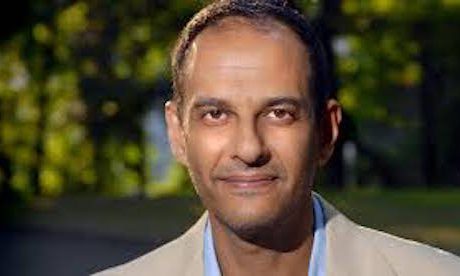I was in New York City 15 years ago, when the United States suffered the worst terrorist attack of its history. I remember that horrible day as vividly as if it were yesterday. September 11 was a Tuesday bright with sunshine, which meant that you could easily see the plumes of smoke and ash as they enveloped downtown after the attacks.
It didn’t take long for countless handmade posters to appear on poles and walls around the city, urgently and tragically asking about the whereabouts of people who had suddenly gone missing. The unmistakable smell of burning hung in the air for weeks. It seemed like everyone, myself included, was in shock, and we were all mourning the dead.
But these were anxious times, too. I recall the sense of dismay I felt that morning when watching the first plane hit and how that morphed, when the second plane came less than twenty minutes later, into a gut-wrenching realization that this was no accident. If the terrorists turned out to be Muslim, I thought at the time, the future could become very difficult for Muslims in the United States.
Fifteen years later, the War on Terror continues with no end in sight and the question of whether Muslims should even be allowed to enter the United States is being vociferously debated. Some politicians have eveninvoked Japanese internment as a model to follow when dealing with Muslims in this country.
A registry of Muslims, already tried on non-immigrant males from 24 Muslim-majority countries (to disastrous effect), has also been proposed. Most polls put anti-Muslim sentiment in the United States at around 50% of the population.
And anti-Muslim violence remains high. According to a Georgetown University study, American Muslims were approximately 6 to 9 times more likely to be attacked in a bias crime in 2015 when compared to pre-9/11 numbers. Continue reading
- Moustafa Bayoumi is an award-winning writer, and associate professor of English at Brooklyn College, City University of New York.
